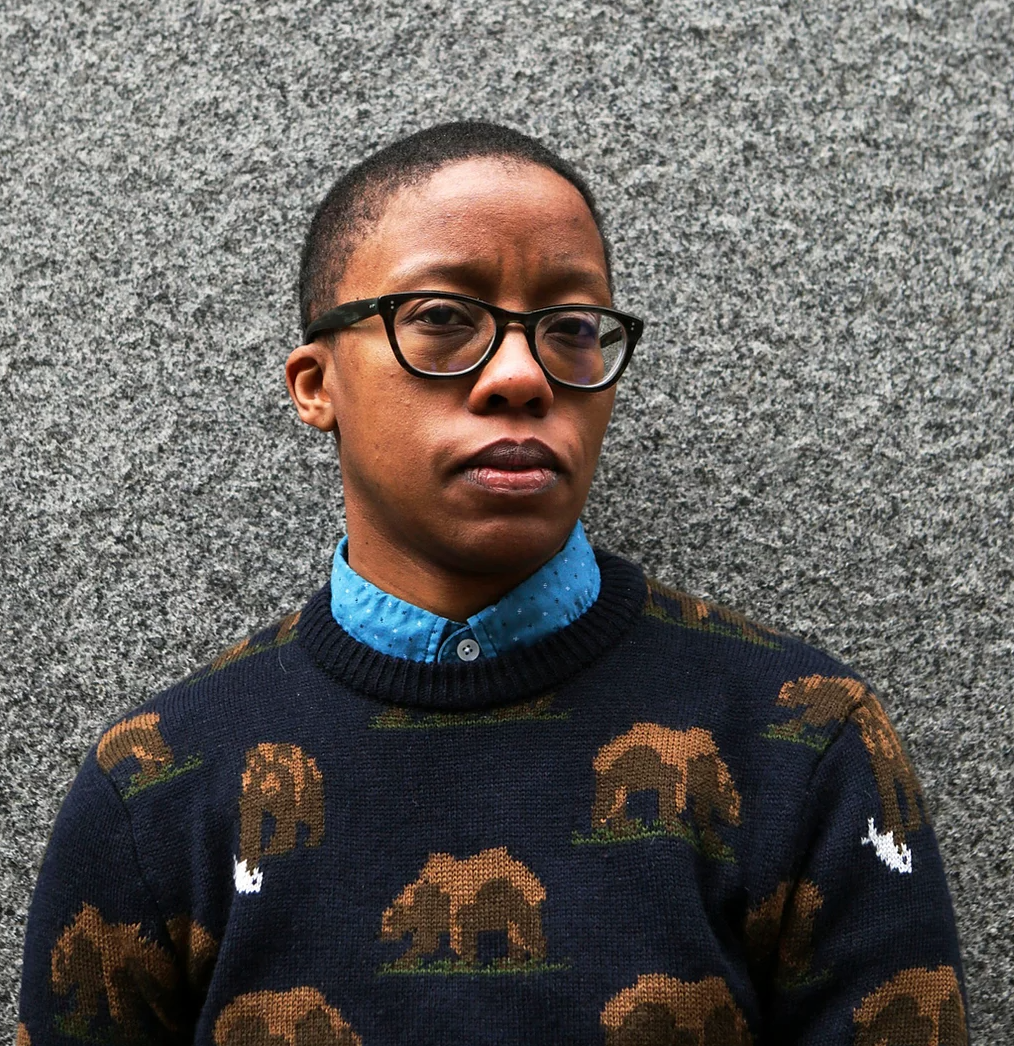Who hid my dad in the mountain,
impoverished, where he would remain,
invisible and rationed, not on milk and honey,
but on bologna and saltines, until he grew
strong enough to kill the father?
Which father?
Do I mean his daddy, exiled for the rest
of his diabetic days to a closet
in a house with no power, no water,
where my dad—his sisters and his brothers
caught for a time by the crack rock and the pipe,
lighting up in the dark—lived?
Surely not his daddy, oracle, surely not.
How long was he the youngest? How long
was he a child? What god swallowed him
whole? The god, perhaps, who split
his mother in two? Or took his brother
with a bullet from another father’s gun
in the sunlight in the afternoon?
Did he really hold his dying brother’s hand,
oracle, the brother who wanted
only an apology on my dad’s behalf?
Who held him when his mother died?
Who told him of a heaven where dead
mothers and brothers go?
O, the pigeons!
What of the pigeons, oracle? Did he tend them,
watch them rise from the roof of the house
with no power or water, but a daddy in a closet,
his sisters and brothers flaring in the rock light?
Did he delight in their return? The pigeons,
I mean? Did he ever delight, oracle, in anything
a child might? Did he look for his name in the sky?
Did he ride a bike, made from junk parts,
in the South Central LA sun as fast a boy might?
Surely he did that, oracle, surely that.
And when he rose like an improbable stone
from the father’s gut—whichever father
I mean here, whichever father makes sense—
the siblings, the pigeons, his daddy in exile,
his name in the sky—when he rose, with the stone
of himself in his hand, covered in bile and mucus,
free now of someone more powerful
than the child he surely once was,
did he know the terrible thing he would become?
